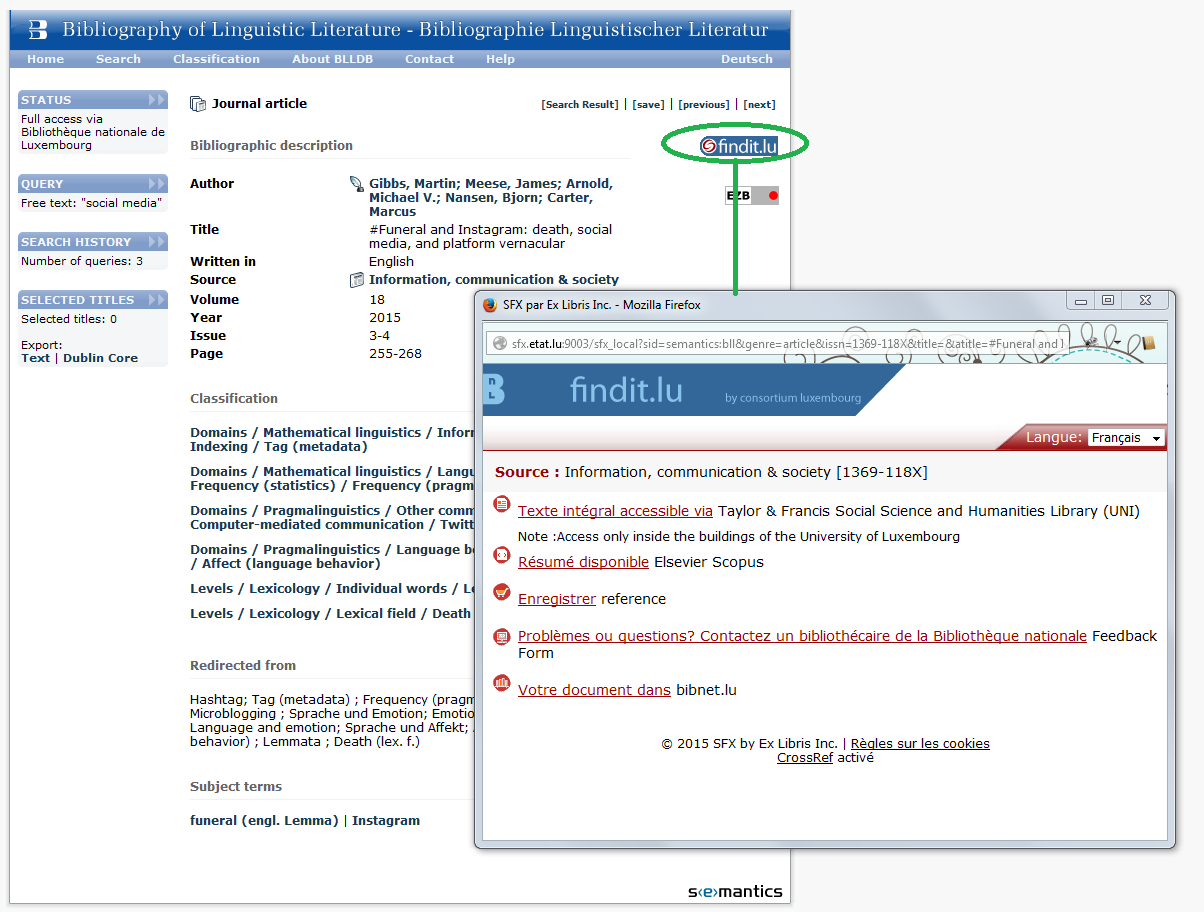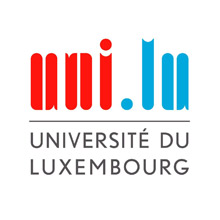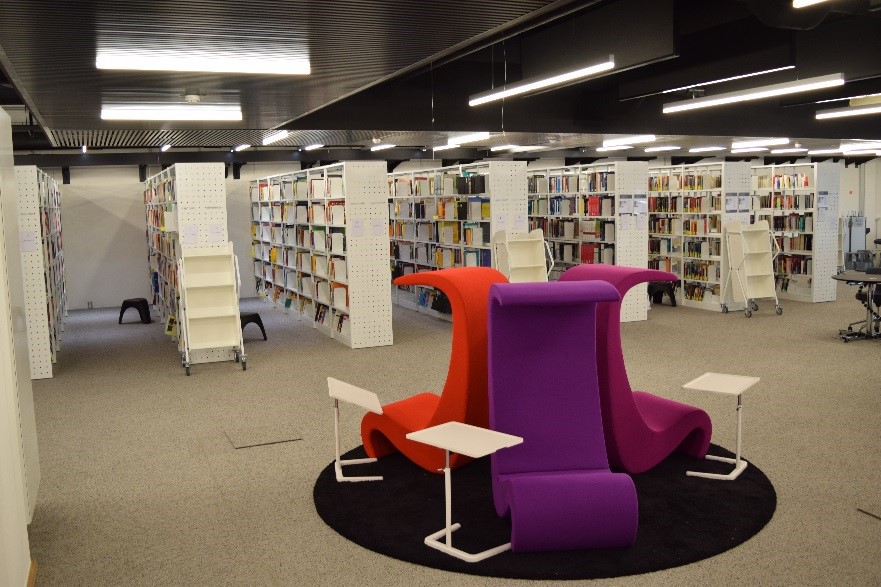Dans le cadre de ses missions de conservation et de diffusion du patrimoine intellectuel luxembourgeois, la Bibliothèque nationale de Luxembourg (BnL) vient de numériser et de mettre en ligne l’intégralité des publications de la Société des naturalistes luxembourgeois (SNL).
Ces publications sont :
- Recueil des mémoires et des travaux publiés par la Société de botanique du Grand-Duché de Luxembourg (1874-1903)
En 1874, la Société de Botanique édite le premier numéro de son Recueil des mémoires et des travaux. Le rythme de parution dépend de l’abondance des matières disponibles. Le dernier numéro paraît en 1905 ; il correspond aux travaux des années 1902 à 1903.
- Mitteilungen aus den Vereinssitzungen = Comptes rendus des séances de la Société des naturalistes luxembourgeois (Fauna) (1891-1906)
Les comptes rendus des séances de la Fauna – Société des Naturalistes Luxembourgeois paraissent entre 1891 et 1906 de façon mensuelle. En 1907, la Société grand-ducale de Botanique et de la Société des naturalistes luxembourgeois fusionnent et leur publication devient le Bulletin de la Société des naturalistes Luxembourgeois.
- Berichte = Bulletins de la Société des naturalistes luxembourgeois (1907-numérisés jusqu’en 2011)
Depuis la fusion de la Société grand-ducale de Botanique et de la Société des naturalistes Luxembourgeois en 1907, les Bulletins de la Société des naturalistes prennent la relève, tout en gardant la numérotation initiale de Fauna entre parenthèses. D’abord mensuelle, la parution du bulletin devient annuelle à partir de 1946.
Ces publications comptent au total : 482 numéros dont 13 Mémoires et travaux ; 161 Comptes-rendus et 308 Bulletins ce qui équivaut à un total de 26780 pages.
La Société des naturalistes – qui est-ce ?
La Société des naturalistes luxembourgeois (SNL) a été fondée en 1890 sous le nom de « Fauna – Verein Luxemburger Naturfreunde ». En 1907, la SNL fusionne avec la Société grand-ducale de botanique, elle-même fondée en 1872.
Par ses activités, la SNL vise à accroître l’intérêt pour les sciences naturelles. Aujourd’hui, elle associe quelque 400 amis de la nature et organise régulièrement des excursions thématiques. Elle anime, en étroite collaboration avec le Musée national d’histoire naturelle, trois groupes de travail couvrant les domaines de la botanique, de l’entomologie (étude des insectes) et de la mycologie (étude des champignons).
La SNL publie, depuis sa création, un bulletin scientifique dont le rôle principal est de diffuser des recherches et textes issus du domaine des sciences naturelles, se rapportant tant au Luxembourg qu’à d’autres pays. Ce bulletin sert également d’organe de liaison entre les membres. Il est publié annuellement.
Où trouver les publications numérisées?
Le portail eluxemburgensia.lu, lancé en 2009, fait suite au premier volet de numérisation du patrimoine imprimé luxembourgeois par la Bibliothèque nationale (2002-2008). L’utilisateur y trouve des quotidiens numérisés tels que le Tageblatt, le Luxemburger Wort ou d’Lëtzebuerger Land ainsi que des revues numérisées tout comme des cartes postales anciennes et plusieurs ouvrages de références. Plus de 450.000 pages ont été numérisées et mises en ligne jusqu’à présent. La numérisation de titres supplémentaires, de périodiques et de livres, est en cours.
www.eluxemburgensia.lu permet d’accéder gratuitement et à distance au plein texte de ces documents. Les utilisateurs de la tablette iPad peuvent télécharger dans l’App Store d’Apple, l’application “BnL elux” garantissant une plus grande facilité d’utilisation.
Les contenus numérisés du portail eluxemburgensia.lu sont aussi recherchables et consultables via le moteur de recherche a-z.lu conçu pour permettre des recherches fédérées dans l’ensemble des collections de la BnL et du réseau de bibliothèques bibnet.lu. Grâce à cet outil de recherche, l’on peut visualiser non seulement les contenus numérisés par la BnL mais toutes les publications imprimées et numériques de provenance nationale et internationale, disponibles dans 68 bibliothèques luxembourgeoises.
Veuillez trouver des photos et plus d’informations sur www.bnl.lu.






